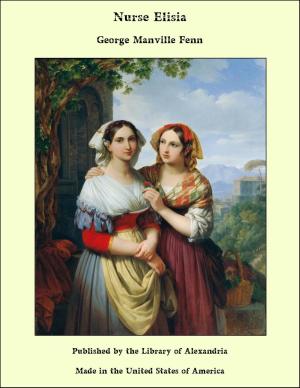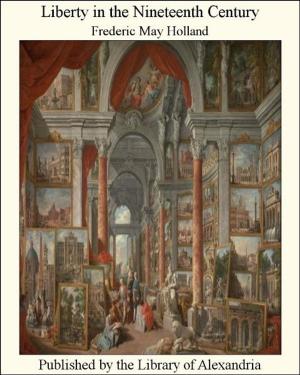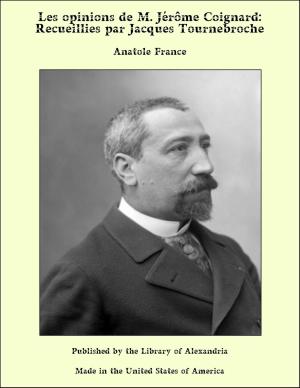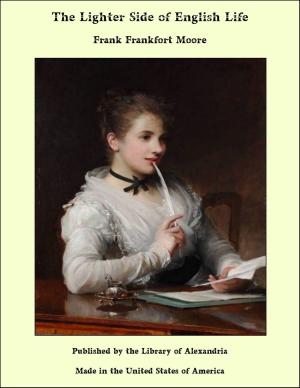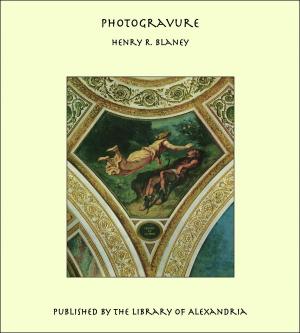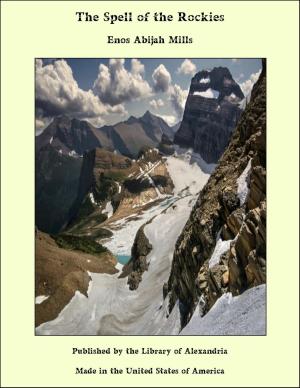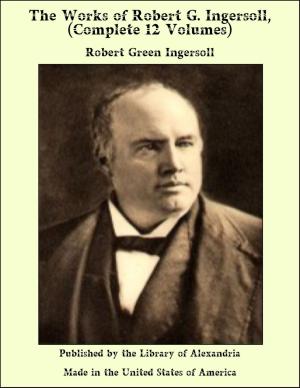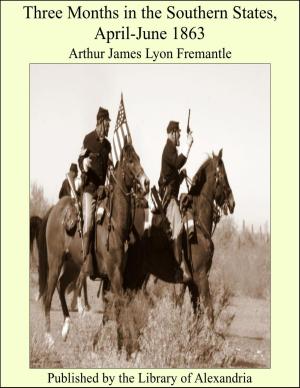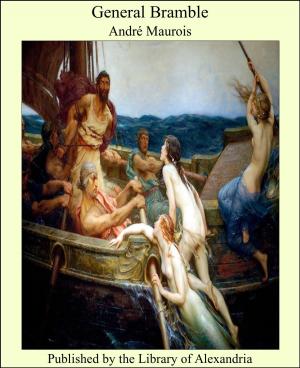The Minute Man of the Frontier
Nonfiction, Religion & Spirituality, New Age, History, Fiction & Literature| Author: | W. G. Puddefoot | ISBN: | 9781465551047 |
| Publisher: | Library of Alexandria | Publication: | March 8, 2015 |
| Imprint: | Language: | English |
| Author: | W. G. Puddefoot |
| ISBN: | 9781465551047 |
| Publisher: | Library of Alexandria |
| Publication: | March 8, 2015 |
| Imprint: | |
| Language: | English |
In a very able review of Maspero's "Dawn of Civilization," the writer says "that for hundreds of years it was believed that history had two eyes; but now we know she has at least three, and that archæology is the third." This may account for the saying that "history is a lie agreed to;" for it needs to be argus-eyed to give us any adequate idea of the truth; and while the writer of the following sketches does not aspire to the rank of a historian, he has been induced to print them for two or three reasons. First, because urged to by friends; and secondly, because of the unique condition of American frontier life that is so rapidly passing away forever. One may read Macaulay, Froude, Knight, and, in fact, a half-dozen histories of England, and then sit down to the gossipy sketches of Sidney culled from Pepys's, Evelyn's, and other diaries, and get a truer view of English life than in all the great histories combined. It would be impossible to give even the slightest sketch of a country so large as ours for a single decade in many volumes; although, in one sense, we are more homogeneous than many suppose. There was a greater difference in two counties in England before the advent of the railways than between two of our Northern States to-day. To-day a man may travel from Boston to San Francisco, and he will find the same headlines in his morning papers, and for three thousand miles will find the scenery desecrated by the wretched quack medicine advertisements that produce "that tired feeling" which they profess to cure
In a very able review of Maspero's "Dawn of Civilization," the writer says "that for hundreds of years it was believed that history had two eyes; but now we know she has at least three, and that archæology is the third." This may account for the saying that "history is a lie agreed to;" for it needs to be argus-eyed to give us any adequate idea of the truth; and while the writer of the following sketches does not aspire to the rank of a historian, he has been induced to print them for two or three reasons. First, because urged to by friends; and secondly, because of the unique condition of American frontier life that is so rapidly passing away forever. One may read Macaulay, Froude, Knight, and, in fact, a half-dozen histories of England, and then sit down to the gossipy sketches of Sidney culled from Pepys's, Evelyn's, and other diaries, and get a truer view of English life than in all the great histories combined. It would be impossible to give even the slightest sketch of a country so large as ours for a single decade in many volumes; although, in one sense, we are more homogeneous than many suppose. There was a greater difference in two counties in England before the advent of the railways than between two of our Northern States to-day. To-day a man may travel from Boston to San Francisco, and he will find the same headlines in his morning papers, and for three thousand miles will find the scenery desecrated by the wretched quack medicine advertisements that produce "that tired feeling" which they profess to cure

